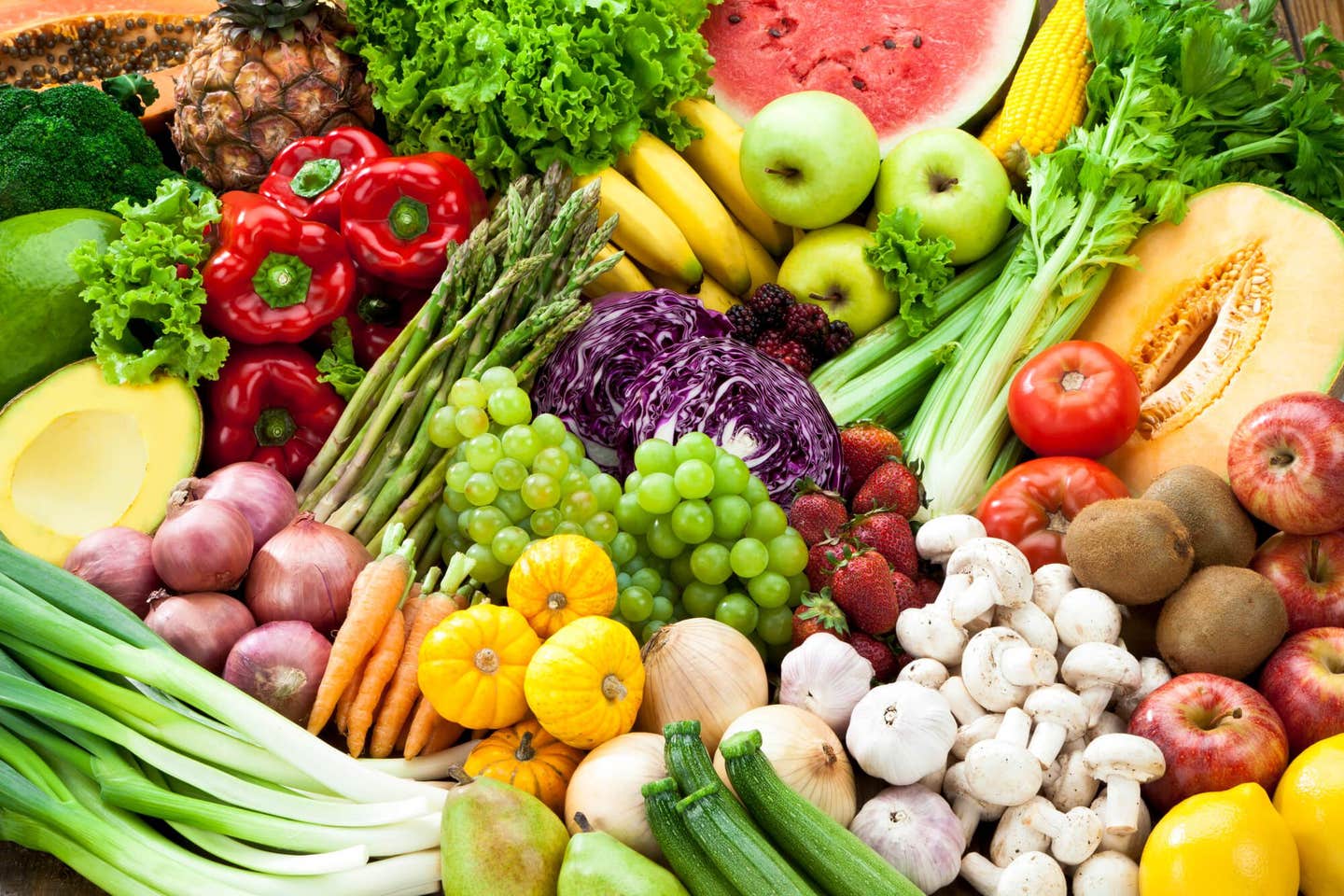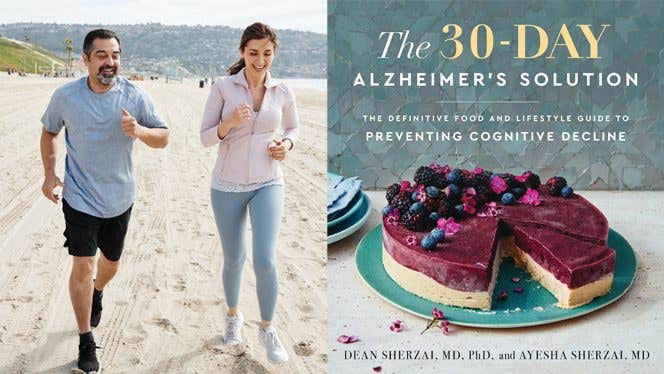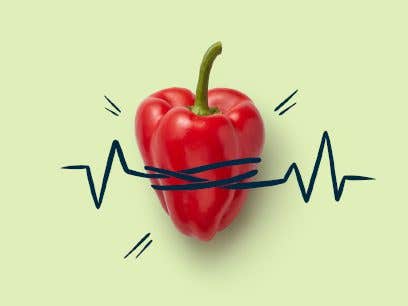HEALTH TOPICS
What’s the Best Diet to Prevent Alzheimer’s?
The number of people with Alzheimer’s disease is expected to jump from 5.7 million in 2018 to 14 million by 2050. There is no known cure. Although there is much research to be done on this disease, studies have shown that certain foods are beneficial to the brain and may offer some protection against Alzheimer’s.
Harmful Foods
Saturated fats, trans fats, and excess metals are the biggest threats to brain health. Saturated fats are found in all animal products and seem to encourage the production of plaques within the brain. The Chicago Health and Aging Study reported in the Archives of Neurology in 2003 that individuals with the most saturated fat in their diets had more than triple the risk of developing Alzheimer’s disease when compared with those who generally avoided these fats. Trans fats are another fatty substance that has been shown to increase the risk of Alzheimer’s disease more than fivefold. These fats appear to increase the production of the beta-amyloid protein that collects in plaques at the onset of Alzheimer’s disease.
Excess metals in the body, such as iron, copper, and aluminum, build up in the brain, which may lead to Alzheimer’s disease. Excess iron promotes the production of damaging free radicals, while too much copper can impair cognition and stick to the plaques associated with Alzheimer’s disease. Buildup of aluminum has also been found in the brains of Alzheimer’s patients, and because of this, it is recommended to avoid uncoated aluminum cookware and to read labels when purchasing baking powder, antacids, and processed foods.
Brain-Friendly Foods
Good news! There are many ways to help strengthen your brain and protect yourself against Alzheimer’s disease. Vitamin E is bountiful in nuts and seeds, and it has been shown to help prevent Alzheimer’s disease. Almonds, hazelnuts, pine nuts, pecans, pistachios, sunflower seeds, sesame seeds, and flaxseed are all high in vitamin E, and you don’t need to eat mass quantities of these little gems to get the benefits. Have a small handful each day to get your dose of brain-boosting vitamin E.
The beautiful coloring of grapes and blueberries isn’t just for show; it means that these fruits are packed with anthocyanins, powerful antioxidants that help improve learning and recall. Sweet potatoes get their orange hue from another powerful antioxidant called beta-carotene. Antioxidants are important in fighting harmful free radicals.
Eating green leafy vegetables, beans, and legumes daily will ensure that you are getting adequate folate and B6, two very important brain-protecting vitamins. Another B vitamin, B12, is difficult for people to absorb through foods, which is why it is recommended to take a B12 supplement to ensure you are getting the trio of brain-protecting power: folate, B6, and B12.
Exercise for the Body and Brain
Physical exercise has long been recognized as a means to improve longevity and heart health, but it is also beneficial for brain health. Studies have shown that aerobic exercise can help reduce brain atrophy, and it can also improve memory and other cognitive functions. Aim to get at least 120 minutes of aerobic exercise each week.
Learn more about brain health in the Physicians Committee’s Dietary Guidelines for Alzheimer’s Prevention.
Ready to get started? Check out Forks Meal Planner, FOK’s easy weekly meal-planning tool to keep you on a healthy plant-based path.
About the Author

About the Author
Neal Barnard, MD, FACC
Dr. Neal Barnard is an adjunct professor of medicine at the George Washington University School of Medicine in Washington, D.C., president of the Physicians Committee for Responsible Medicine, and a New York Times bestselling author of 20 books and more than 100 scientific publications. In 2003, he was funded by the National Institutes of Health to test the benefits of a plant-based diet for Type 2 diabetes. His practice focuses on diabetes and other metabolic problems, quantifying the power of nutritional interventions in research studies that have been cited by major medical organizations and the U.S. government. He became a fellow of the American College of Cardiology in 2015, and received the Trailblazer Award from the American College of Lifestyle Medicine in 2016. Find him on Facebook and Instagram.
SIMILAR ARTICLES
Join our mailing list
Get free recipes and the latest info on living a happy, healthy plant-based lifestyle.
By providing your email address, you consent to receive newsletter emails from Forks Over Knives. We value your privacy and will keep your email address safe. You may unsubscribe from our emails at any time.





